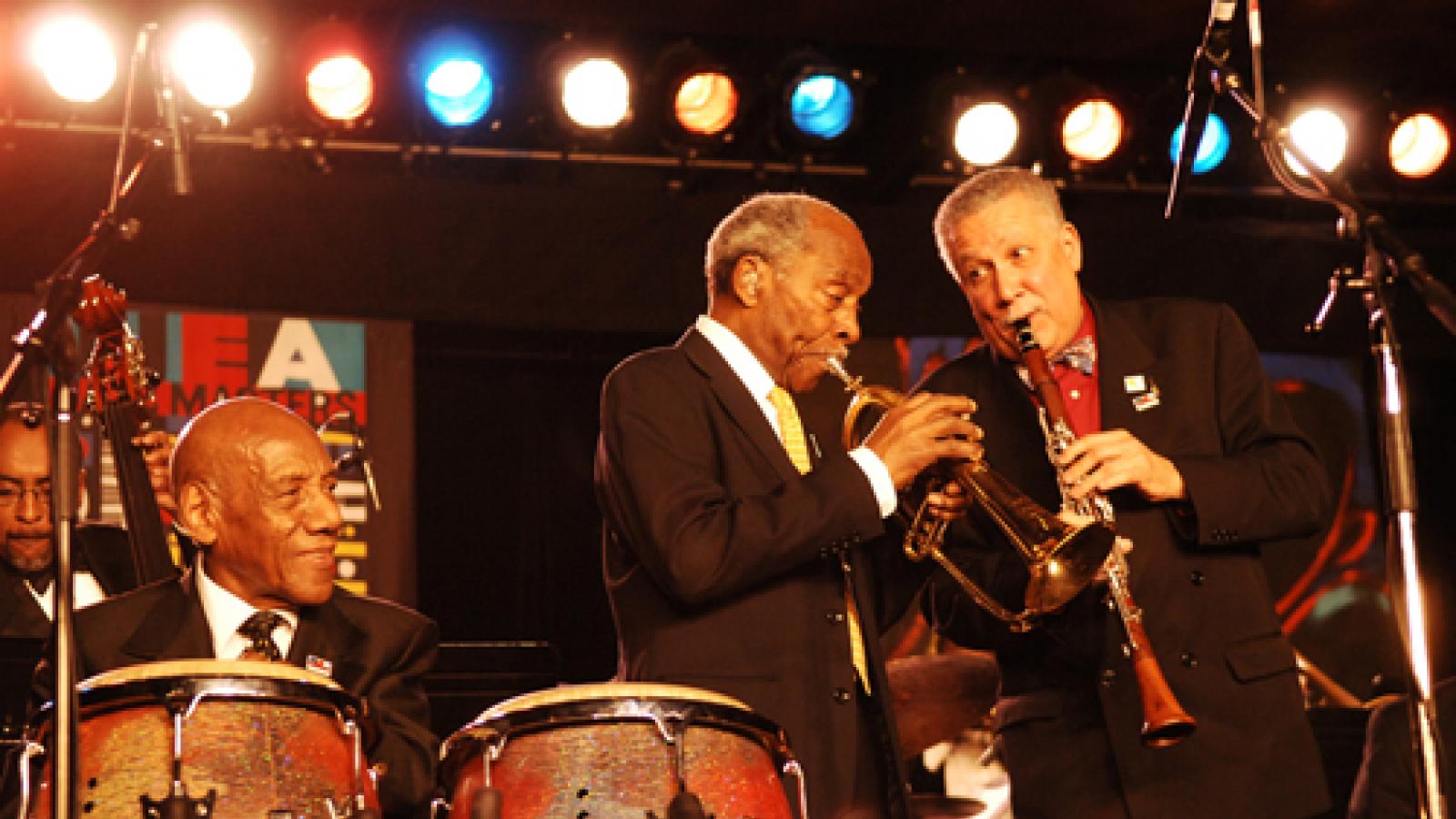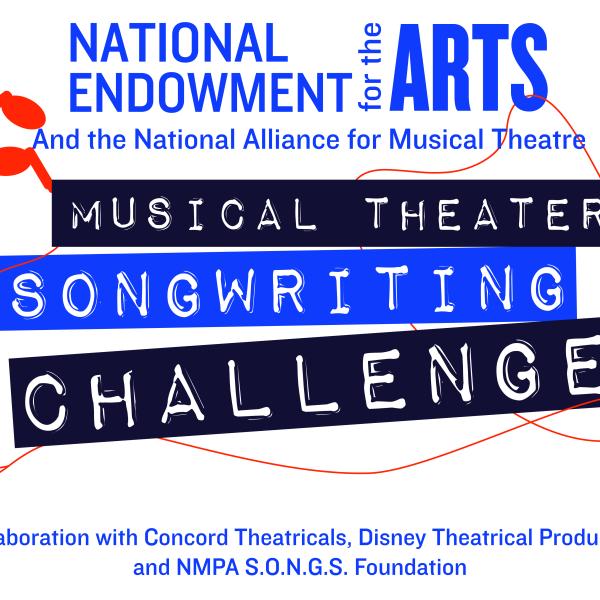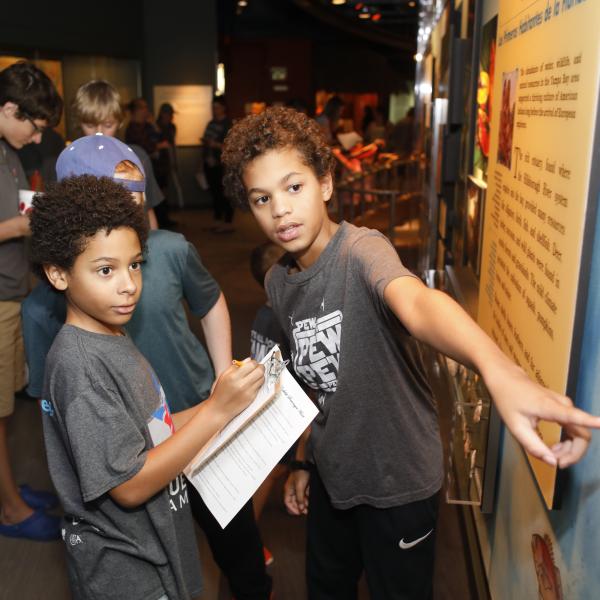Statement on the death of NEA Jazz Master Joe Wilder

It is with great sadness that the National Endowment for the Arts acknowledges the passing of Joe Wilder, recipient of a 2008 NEA Jazz Masters fellowship, the nation's highest honor in jazz.
A respected and sought after trumpet player, Joe Wilder played with a virtual Who's Who of jazz over his long career -- Louis Armstrong, Count Basie, Cab Calloway, Benny Carter, Dizzy Gillespie, Benny Goodman, Lionel Hampton, Billie Holiday, Lena Horne, Quincy Jones, John Lewis, Charles Mingus, George Russell, and Dinah Washington, among many others.
Wilder was born in 1922 into a musical family in Philadelphia. His father started him on the cornet at a young age and as a child he performed on the radio program Parisian Tailor's Colored Kiddies of the Air where he and the other young musicians were backed up by such illustrious bands as Duke Ellington's and Louis Armstrong's that were also then playing at the Lincoln Theater. Wilder studied classical music at the Mastbaum School of Music in Philadelphia but turned to jazz when he felt that there was little future for an African-American classical musician. He joined his first touring big band, Les Hite's band, in 1941, before serving in World War II as one of the first thousand African-American Marines. In a 2008 interview with the NEA, Wilder explained: "Bobby Troup, who wrote "Route 66," he was one of the officers down there and he knew who I was and he decided that it's silly to have [me] in this outfit. And he went to the general and said, 'We've got a guy here who's been playing with Lionel Hampton's orchestra and why don't we put him in the headquarters' band and it would boost the morale of the troops.' He had to persuade him to let me do it. So he transferred me from Special Weapons into the headquarters' band and after the first year I was promoted so I became the assistant bandmaster."
Following the war during the 1940s and early '50s, he played in a variety of orchestras, including Jimmie Lunceford, Dizzy Gillespie, and Count Basie's, while also playing in the pit orchestras for Broadway musicals. Wilder earned a bachelor's degree at the Manhattan School of Music in 1953 while also performing on several occasions with the New York Philharmonic. In the 2008 NEA interview, Wilder also discussed how his classical training affected his approach to jazz: "In classical music, you're obligated to play just what's there using the dynamics and the harmonic structures of whatever it is. You do it under the direction of the conductor. So as long as you are doing it to his satisfaction, it's okay, but you don't take liberties. And in jazz you have more freedom. I mean you may see something that may not be a solo but may be just an ensemble thing. And if you're the first trumpet player or saxophone player, you can tailor it the way you think it sounds best in a way that reflects your style of playing, and it helps to make the style of the band too."
From 1957 to 1974, Wilder did studio work for ABC-TV while building his reputation as a soloist with his albums for Savoy and Columbia. He was also a regular sideman as well as a favorite with vocalists and played for Harry Belafonte, Tony Bennett, Eileen Farrell, Billie Holiday, Lena Horne, Johnny Mathis, and many others. He was the last surviving member of the Count Basie All-Star Orchestra that appeared in the classic 1959 film The Sound of Jazz.
Visit arts.gov for more information on Joe Wilder and an interview about his life and career, including playing in the Marines, his experiences touring on the road in the '40s and '50s, and recording albums for Savoy in the '50s.
Related Content
Contact
NEA Public Affairs
202-682-5570




